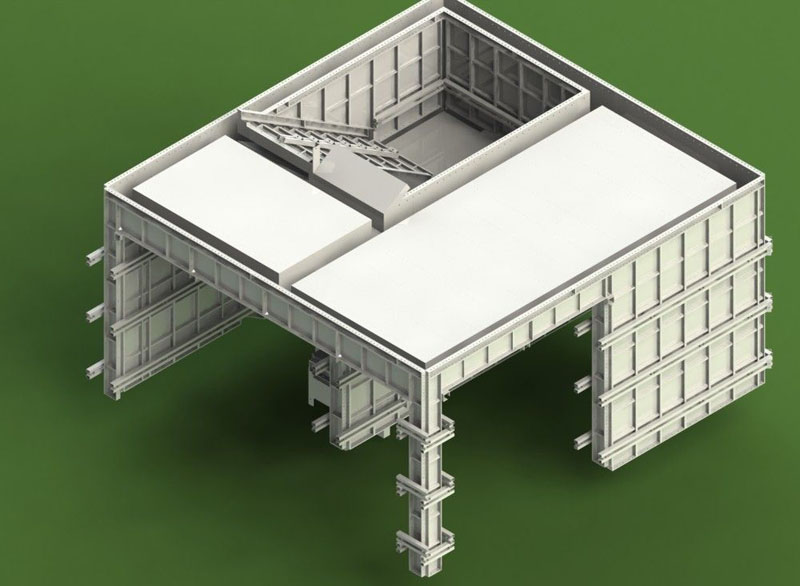 Aluminum is a vastly useful metal, which is utilized in various fields. Thankfully, it is also the third most abundant metal on Earth. Aluminum makes up around 8% of the planet by mass, which is quite substantial when you consider all other elements present in the world. Before learning the sectors where Aluminum is commonly used, here is a look at some of the properties of the metal that leads to its high demand and popularity.
Aluminum is a vastly useful metal, which is utilized in various fields. Thankfully, it is also the third most abundant metal on Earth. Aluminum makes up around 8% of the planet by mass, which is quite substantial when you consider all other elements present in the world. Before learning the sectors where Aluminum is commonly used, here is a look at some of the properties of the metal that leads to its high demand and popularity.
Properties of Aluminum
- Aluminum is a strong metal
- It resists corrosion, unlike iron
- It is lightweight
- It is ductile, meaning you can draw it out into a wire
- It is durable and can last for prolonged periods
- It conducts electricity
- It can be given any shape or form
The above-listed properties of the metal cause its high demand. Here are some sectors where Aluminum is commonly used.
Construction- Aluminum buildings do not require regular maintenance because the metal does not corrode. Additionally, it keeps the building warm during winters and cool during the summers. The metal’s malleable nature takes on any shape or structure, offering great freedom during construction efforts, especially aluminum profiles are very important materials used for construction field. In 1931, the Empire State Building became the first to use aluminum during construction. However, now the metal is common for the construction of most high rise structures.
Transportation- Aluminum is exceptionally strong even though it is lighter than many other metals. The lower mass is perfect for transportation since it effectively reduces the fuel consumption of the vehicle in question. Aluminum’s anti-corrosive nature is an added bonus, as no expensive paint coating is required to protect the vehicle.
In most cases, a separate metal is alloyed with aluminum to provide additional strength to the structure of the vehicle. Trains are the most common transportation system using aluminum today. However, due to its lightweight nature, it is also used to build aircraft.
Consumer goods- Aluminum gives today’s smartphones, laptops, televisions and other electrical gadgets their sleek look. The metal is perfect for these products as it offers adequate protection to the internal parts of these machines, without greatly increasing their weight.
If you enter your kitchen, you are bound to find the metal in some form or another. Aluminum foils keep food warm and protected. The metal is ideal for making kitchen utensils, as it conducts heat easily and is non-toxic in nature. Furthermore, the anti-corrosive nature means you can wash and clean these utensils without fear of damage.
Electrical use- Aluminum’s conductivity is just 63% when compared to that of copper. However, copper is denser, making it not an ideal choice for the electricity lines running through the poles. To avoid making the electrical connectivity too expensive, aluminum is used instead. The ductile nature of the metal helps in forming wires and running it through the power lines.
Aluminum is often considered as one of the most useful metals for industries and development, second only to iron. The demand for aluminum is constantly on the rise due to its incorporation across several new products. If you are in the construction business, using extruded aluminum reduces your cost, while increasing the quality of buildings as well.
